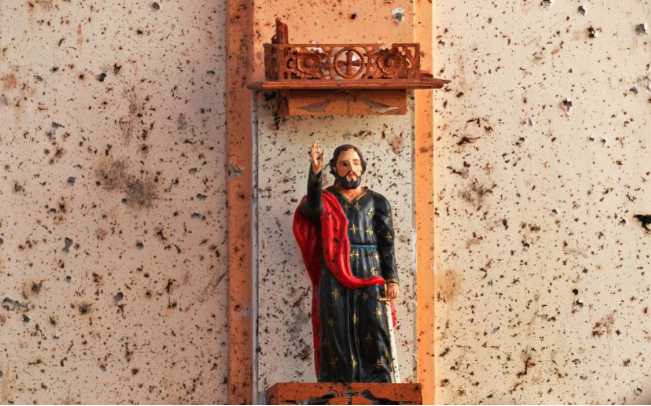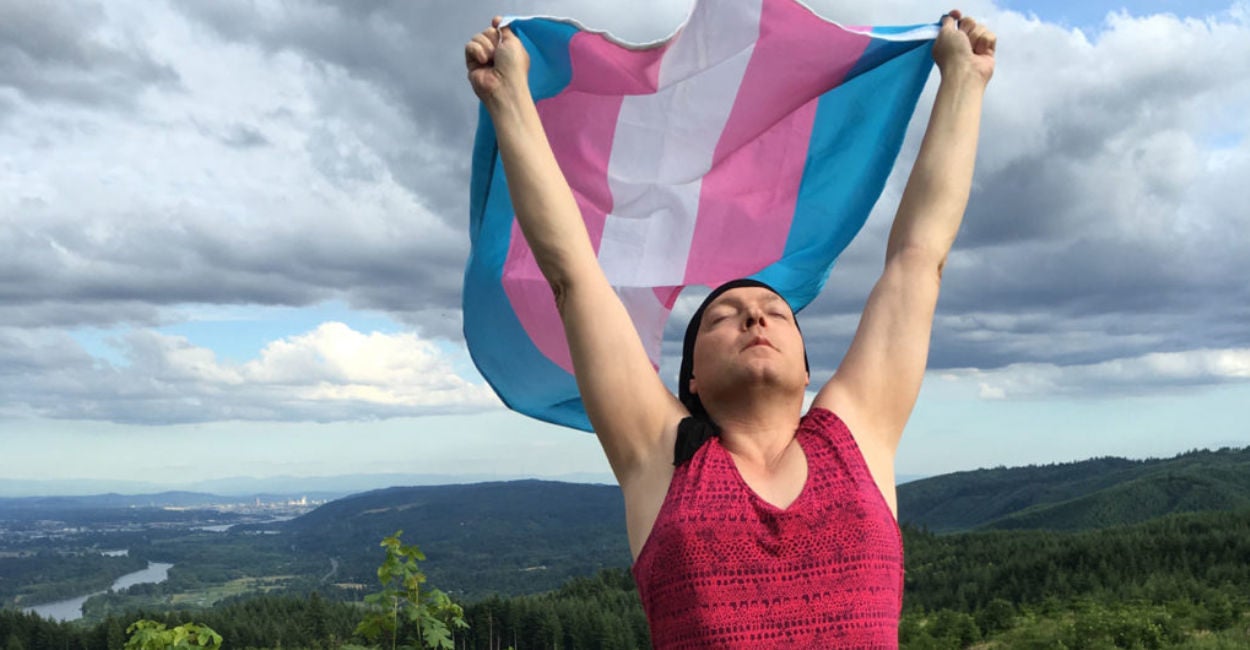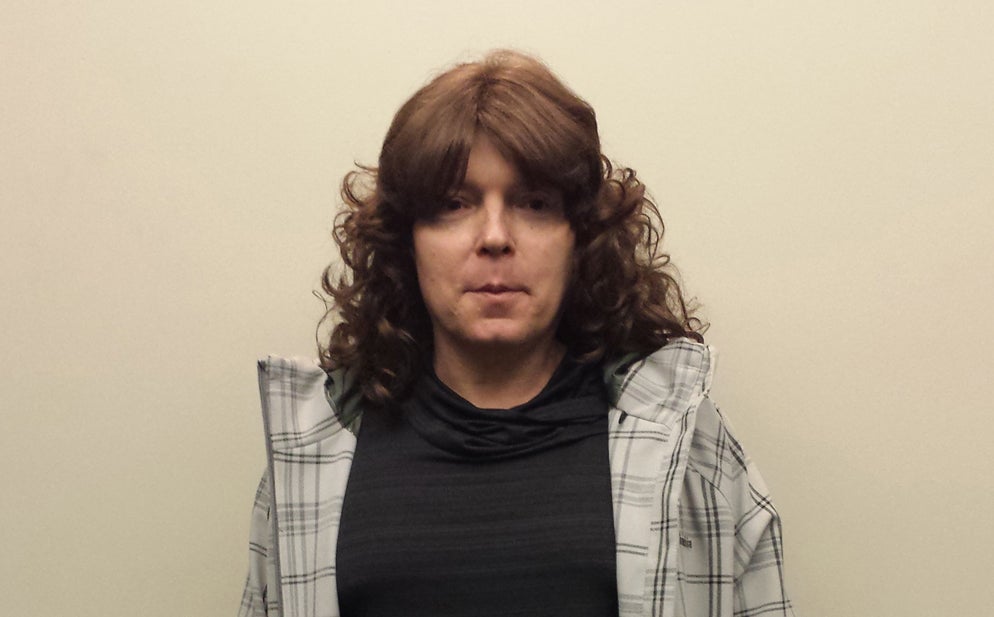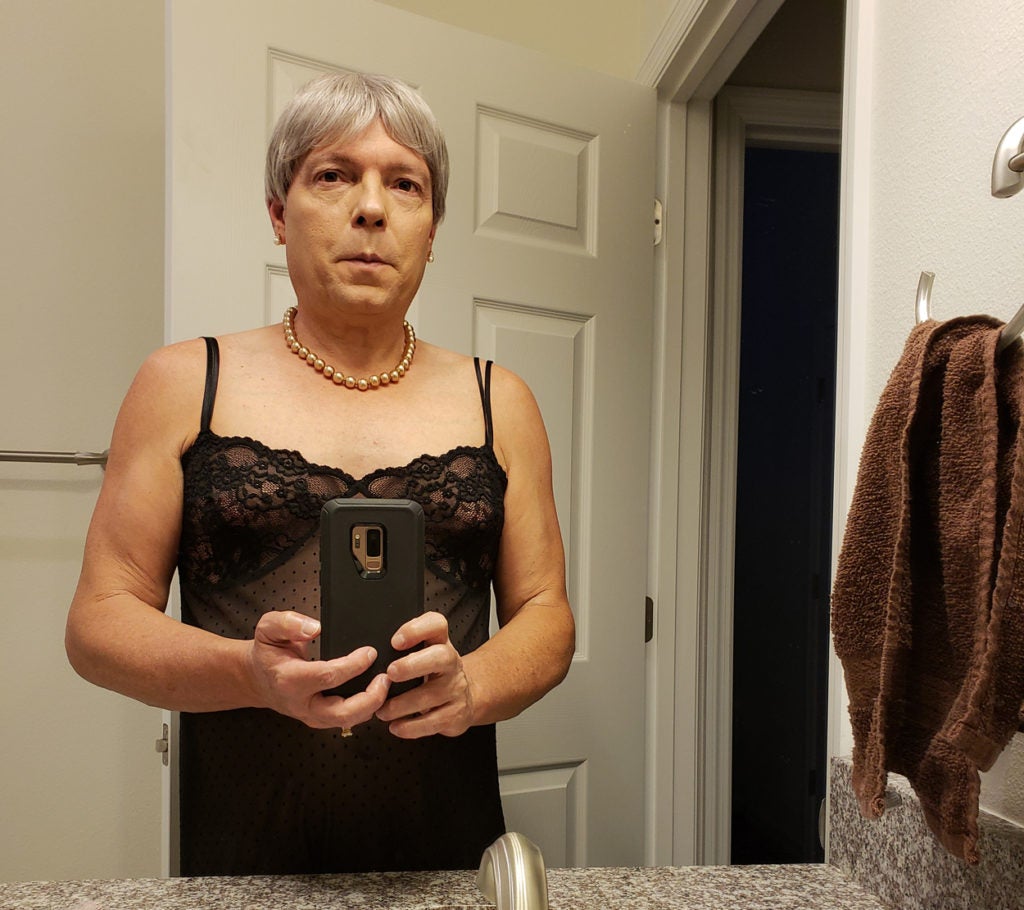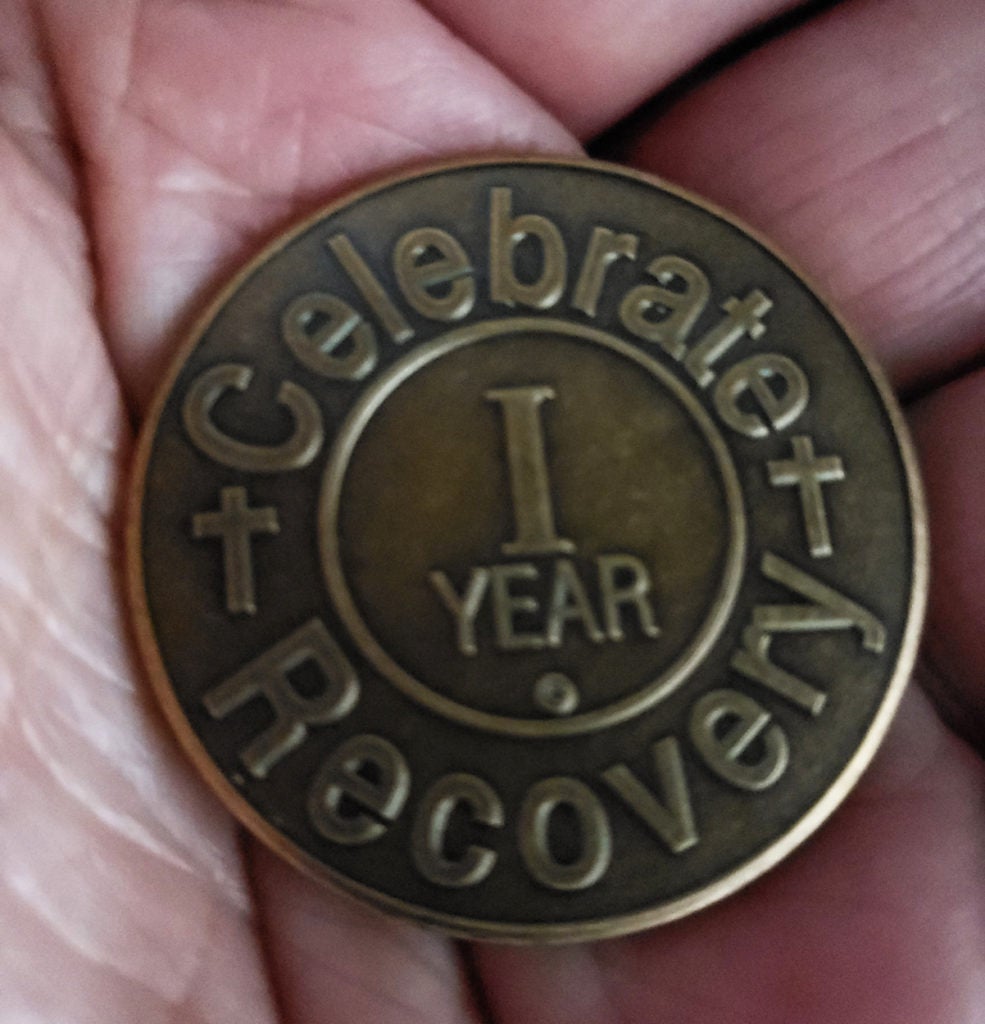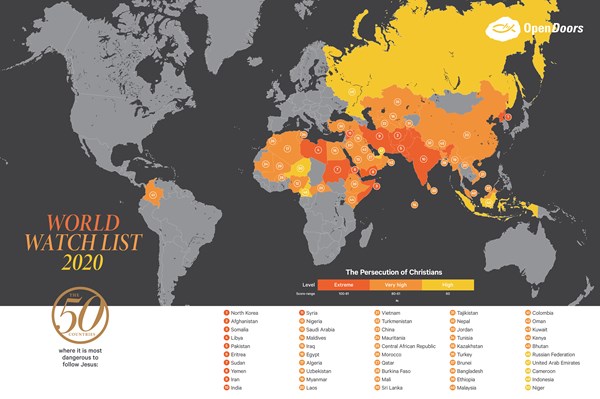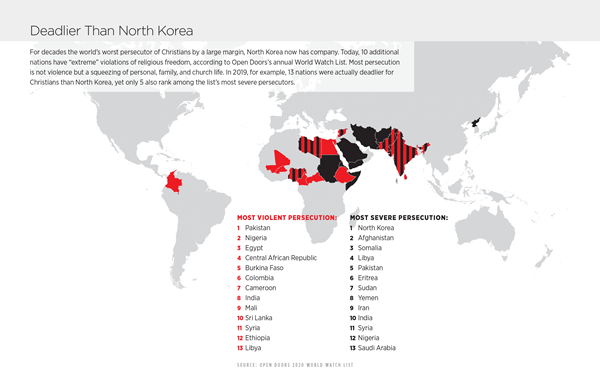Third-party reproductive efforts are increasingly normalizing a build-a-baby culture that encourages people to commission designer babies in much the same way they would commission designer handbags.
FEBRUARY 18, 2020
I sat in stunned silence last year at a Washington state Senate hearing about commercial surrogacy. The bill contained 55 pages of text, full of demands and bloviations about alleged parental rights. Its goal was to limitlessly legalize commercial surrogacy through the state.
I listened as concerned citizens pointed out the many dangerous loopholes in the bill and requested amendments that would safeguard the women and children involved from potential abuse, but every request was categorically shot down as unnecessary. There were no limits whatsoever to prevent abuse:
- No required background checks for prospective parents (convicted pedophiles could commission children).
- No limit to the number of children any given person could order. (One millionaire from Japan has fathered at least 13 children via surrogacy. His expressed goal is to father at least 1,000 over time.)
- No limit to the amount of compensation any given surrogate could receive. (Hello, money-hungry human traffickers.)
- No requirements for surrogates to be Washington state residents. (Again, traffickers?)
- No language preventing mentally disabled women from being exploited for commercial gain
.
In all 55 pages of text, there was but one solitary reference to the needs of the child. The rest was emotionally manipulative language revealing a deep-seated sense of entitlement and a devil-may-care attitude toward the myriad ethical implications for the people most greatly affected by surrogacy: the women and children.
This week, New York is slated to consider a similar bill to legalize commercial surrogacy throughout the state. Aggressively peddled through heartstrings rhetoric and celebrity endorsement, the bill is positioned as progressive and loving. Both the evangelical and secular worlds eat it up with a silver spoon. After all, children are blessings, right? Who doesn’t love babies?
Make no mistake, commercial surrogacy is anything but loving. It is the exploitation and commodification of women’s bodies and the legalized buying and selling of humans.
Women Are More Than Their Wombs
The European Parliament in Brussels has concluded that “surrogacy undermines the human dignity of the woman since her body and its reproductive functions are used as a commodity,” and its resolution goes so far as to call surrogacy “an act of violence against women.” Even impoverished nations such as India have recently banned commercial surrogacy — a $3.3 billion annual revenue source — outright. If a poor country is willing to sacrifice $3.3 billion a year to protect women from the exploitation of commercial surrogacy, what’s our excuse?
One of the things that appeals to me most about first-wave feminism is the dogged commitment to empowering women to be seen and treated as more than sex objects or breeders. Now, in the name of compassion, we are going 180 degrees in the opposite direction. In the last month alone, I’ve seen countless headlines referring to surrogate mothers as “gestational carriers,” “a greenhouse for my seed,” and “incubators.” One gay man wrote, “What do I need women for — until I want to have kids?”
Commercial surrogacy is dehumanizing enough in theory and even more so in practice. Has anyone else noticed that the only people hiring surrogates are the wealthy or that the women they’re hiring are usually poor and desperate for money? As Jennifer Lahl, president of the Center for Bioethics and Culture, poignantly asked, “As Kim Kardashian and Kanye West welcome a new baby through surrogacy, I ask you: How many times have you seen a People Magazine cover tabloid where a wealthy celebrity is offering to be a surrogate for her low-income housekeeper?”
Surrogacy Harms Real People
When these bills are considered, why is the general public so rarely invited to consider the voices of the women and children who have been harmed by surrogacy? Why aren’t they invited to hear about women like Brooke Brown or Michelle Reaves, who both died from pregnancy-related complications during surrogate pregnancies?
Why don’t they hear from Kelli Martinez, who nearly died and was left with more than $9,000 in medical debt after being a surrogate? Why don’t they listen to women like Meghan, who nearly lost her ovaries through the egg-donation process? Or from Gina or Tanya or Jessica Allen, whose nightmare stories of surrogacy ought to give the world pause?
While egg donors and surrogates are promised generous compensation, no one ever seems to warn them of the often exorbitant costs of their labors that can sometimes include permanent sterility and even death. Why doesn’t it matter that there are virtually no long-term studies on the health of surrogates and egg donors?
Why isn’t anyone talking about the fact that while the average woman produces one egg per menstrual cycle, egg donors are put into a state of ovarian hyperstimulation so they can produce as many as 30 per cycle? Why don’t we care about the long-term effects of the drugs that allow this?
Why aren’t we talking about the countless groups of donor-conceived adults who are speaking out in defense of the rights stripped from them as children, such as Nick Isel?
Don’t even get me started on the appallingly shallow requirements for egg donors: supermodel looks, high IQs, low BMIs, no history of mental health issues. Third-party reproductive efforts are increasingly normalizing a build-a-baby culture that encourages people to commission designer babies in much the same way they would commission designer handbags, through a catalog of handpicked traits and superficial standards aimed at achieving a superior product. Why does this feel reminiscent of Josef Mengele?
Parenthood Is a Privilege, Not a Right
Some people reading this will feel tremendous rage at the things I’m saying — people who are amazing parents and grandparents of children conceived through surrogacy, people whose painful experiences with infertility have led them to consider surrogacy, good people whose lives have been transformed by the unspeakable joy of children they would not otherwise know and love.
I’m sorry for any pain my words cause. Your children, grandchildren, and loved ones are priceless, valuable, and important. This article is not personal, but an assessment of the dangers, pitfalls, and ethical dilemmas inherent in the surrogacy process.
It’s an age-old story that somehow continues to recycle itself. People never seem to learn the well-documented lesson: Personal desires do not justify the exploitation of other humans. In the Genesis account of Abraham and Sarah, we see the pain of infertility leading to the use of Sarah’s handmaid Hagar as a surrogate. We also see the surrogacy narrative play out as painfully as it usually does — the surrogate mother is used, resented, and discarded with zero regard for her wellbeing.
It’s a brutal but important truth: Parenthood is a privilege, not a right. No one is entitled to other peoples’ bodies. Women’s bodies should never be for rent, and babies should never be for sale.
Kaeley Triller Haver studied English at Northwest University and puts her education to use as the communications director of a local nonprofit organization. Of all the titles she’s ever held, Kaeley considers “mom” the most significant.
Source: thefederalist.com
